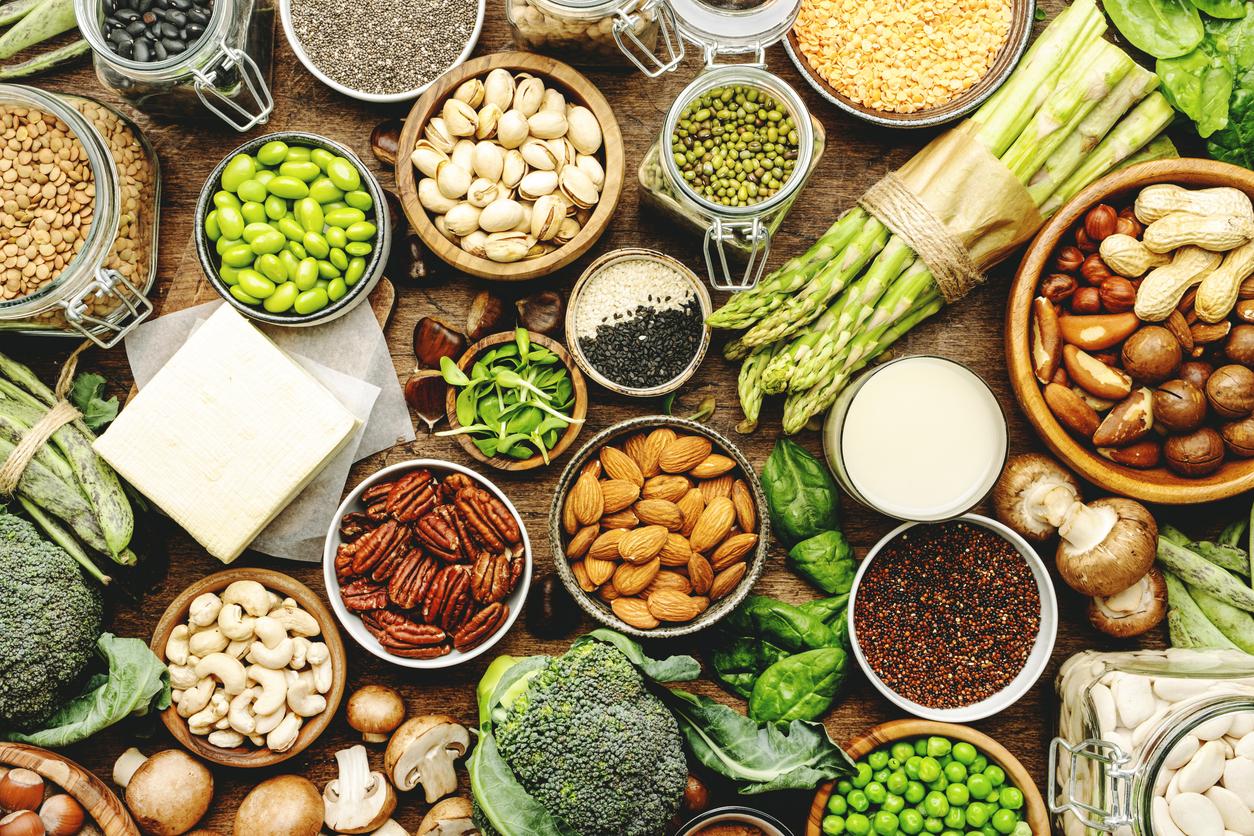Even by adopting a healthy diet, the chances of surviving colorectal cancer remain slim once it has metastasized.
-1604335247.jpg)
- Regardless of diet, the chances of survival for metastasized colorectal cancer remain slim.
- In this study, five diets were tested on 1284 patients. Six years later, 86% of them had died.
- However, treated in time and without metastasis, people with colorectal cancer have a five-year survival rate of 63%.
A quality diet is decisive in fighting cancer, but not when it is too late. This is the conclusion made by researchers from the universities of Stanford and California in San Francisco (United States). In their experiment, they sought to find out what was the best diet to optimize the chances of survival for patients with metastatic colorectal cancer. Unfortunately, regardless of the regimen adopted, the chances of survival remain slim in this type of patient. The results of this study were published online on October 30, 2020 in the JAMA Network Open.
Colorectal cancer is the second leading cause of death by cancer in the United States and France, all sexes combined. However, thanks to better care and increased screening, the chances of curing this cancer have improved. If treated early enough, according to figures from Public Health France, the 5-year survival rate for colorectal cancer is 63%. On the other hand, it increased greatly when metastases were present.
The risk factors for colorectal cancer are mostly linked to our lifestyle (alcohol, tobacco, physical inactivity, overweight) and are therefore easily avoidable. However, the biggest changes to be made to prevent the disease must be made at the level of the plate. A diet low in fiber, associated with excess red meat or processed meats promotes the occurrence of colorectal cancer.
Five different types of diets
It is quite naturally that researchers became interested in food to try to cure this cancer. Previous studies have already shown that a diet composed of sugary drinks or with a high glycemic index favors the risk of recurrence. Conversely, a diet based on long-chain fatty acids, fish, fibre, nuts, coffee and whole grains reduced the risk of relapse. However, no study had been carried out to determine the link between diet and survival of people with metastatic colorectal cancer.
For researchers, the Western dietary pattern is the one that most limits the chances of survival from metastatic colorectal cancer. To validate their hypothesis, they recruited 1,284 people with advanced or metastatic colorectal cancer between 2005 and 2012.
At the start of the experiment, in 2012, they were asked to complete a questionnaire on their diet during the first four weeks of their treatment. The average age of the participants was 59 years old and a large number of them were overweight.
Five diets were put in competition to determine which would be the most suitable to optimize the chances of survival:
- the alternative Mediterranean diet: based on vegetables, fruits, nuts, whole grains, legumes, fish
- The alternative healthy diet: based on vegetables, fruits, whole grains, nuts, legumes, fatty acids and red meats
- The DASH diet (Dietary Approaches to Stop Hypertension): based on fruits, vegetables, nuts, legumes, low-fat dairy products, whole grains, sweets and desserts
- The “cautious” diet: mainly composed of fruits, vegetables and legumes
- The Western diet: characterized by a high consumption of dairy products, refined cereals, condiments, red meat, sweets and desserts
No improvement despite diet change
Over the six years that the experiment lasted, an overwhelming majority (86%, or 1,100 people) died of their colorectal cancer. This figure alone demonstrates that, whatever the diet, the risk of mortality remains present.
“Most oncologists talk about healthy eating to their patients who are actively undergoing cancer treatmentrecalls Cindy Kin, a professor at Stanford University School of Medicine. Further studies are needed to understand the links between diet and outcomes during and after treatment. Answering this question is critical to formulating feasible dietary interventions to best support these patients during treatment and optimize their outcomes.”
If the quality of the food does not improve the chances of recovery, it can nevertheless play a role in certain factors. As Erin Van Blarigan, Professor of Epidemiology and Biostatistics at the University of California, San Francisco: “For example, our team recently reported that patients in this same cohort who drank coffee had longer survival compared to people who did not drink coffee.”
.

















